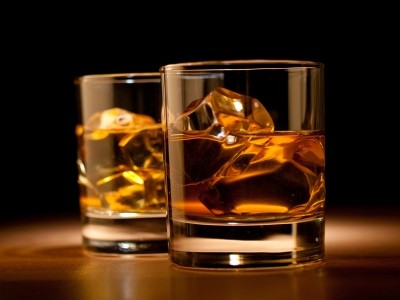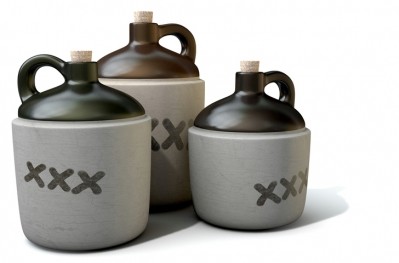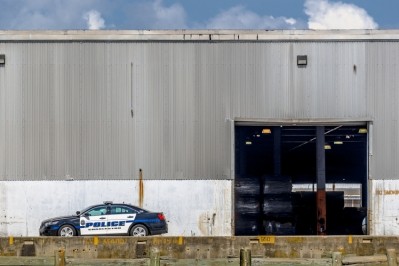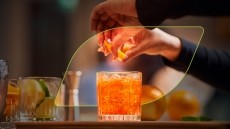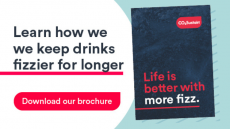Police investigating counterfeit spirit claims
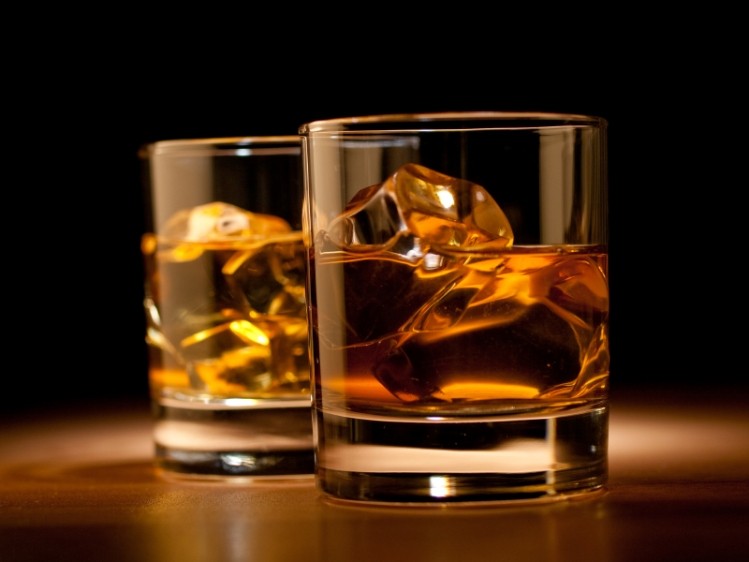
Whisky.Auction said suspicions were raised during authenticity checks by its team on bottles by one seller for auction.
A visit to the seller's private residence found he was counterfeiting bottles to sell to the whisky- and spirits-collecting community alongside his genuine collection.
The 41 year old man from North London was arrested by police on suspicion of fraud by false representation and bailed until early April pending further investigation.
The Metropolitan Police said detectives from the Organised Crime Command are investigating the allegation of fraud which was reported to them on 17 January.
While extent of the operation is unknown, Isabel Graham-Yooll, Whisky.Auction director, estimated the resale value of counterfeit bottles could have run into hundreds of thousands of pounds.
“What we saw at the property was a significant collection, hundreds of bottles, of supposedly valuable liquids that if genuine were unlikely to be available on such a scale. This was an immediate red flag and our doubts were justified when we began scrutinising individual bottles.”
Meanwhile, a trader selling counterfeit and under strength vodka has been fined £1,500 at Londonderry Magistrates' Court.
M, C & A Trading operating as the Castle Bar, Waterloo Street, Londonderry pleaded guilty to two charges under the Trade Marks Act 1994 and one charge under the Consumer Protection from Unfair Trading Regulations 2008.
Trading Standards Officers inspected the premises in November 2015 where they found suspected counterfeit Smirnoff vodka.
Examination by a representative for the trademark holder confirmed labels, closures and the vodka were counterfeit.
Testing showed the spirit could not be legally classified as vodka as its alcohol strength was 32.4% rather than the legal minimum requirement of 37.5%.
Nicholas Lane, of the Trading Standards Service, said customers pay good money for branded items.
“This was counterfeit and under strength. Counterfeit spirits are frequently made and bottled in unhygienic conditions with no quality control,” he said.
“In this case the trademark representative expressed concern at the poor visual clarity of, and the presence of particles in, the bottles of spirit he examined.”
